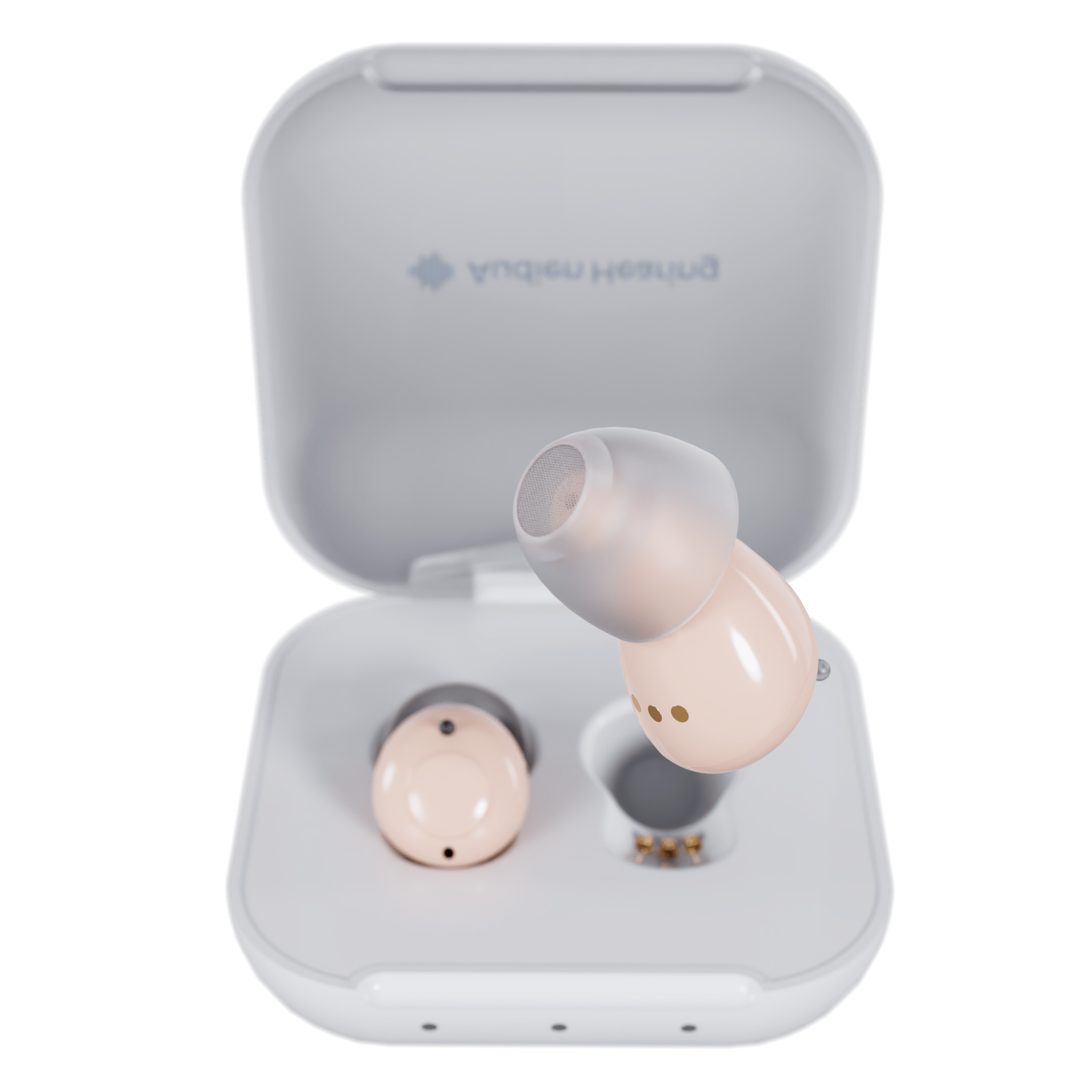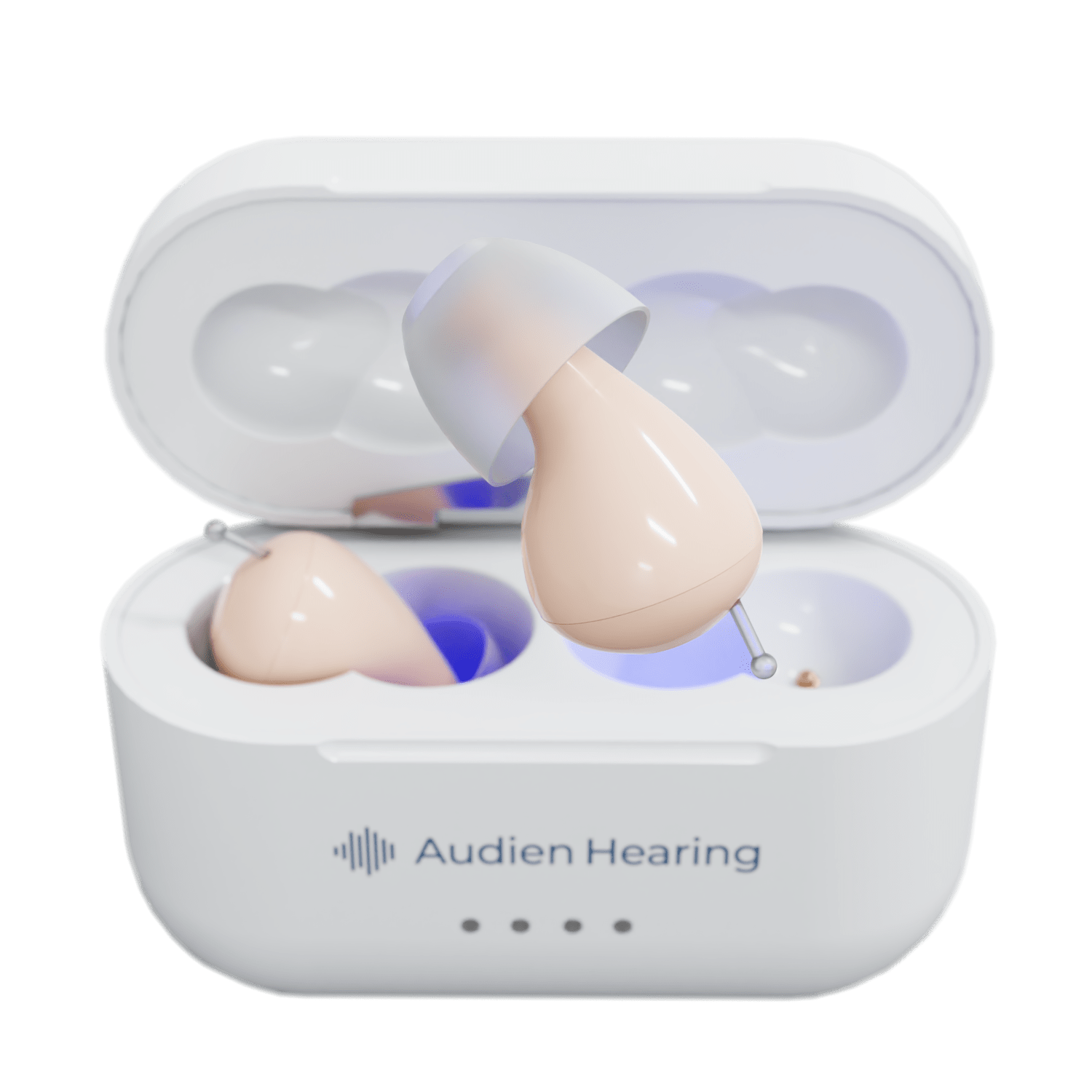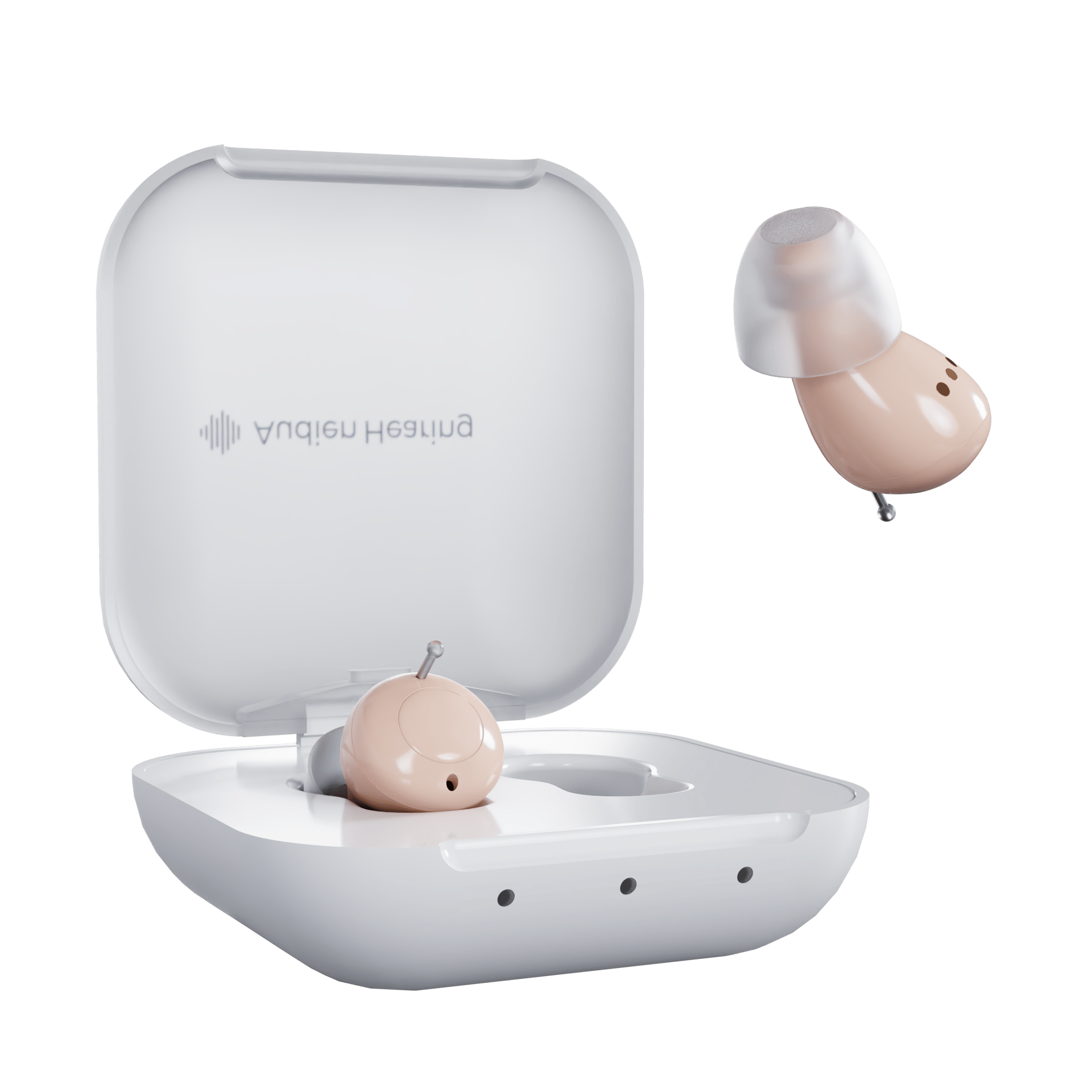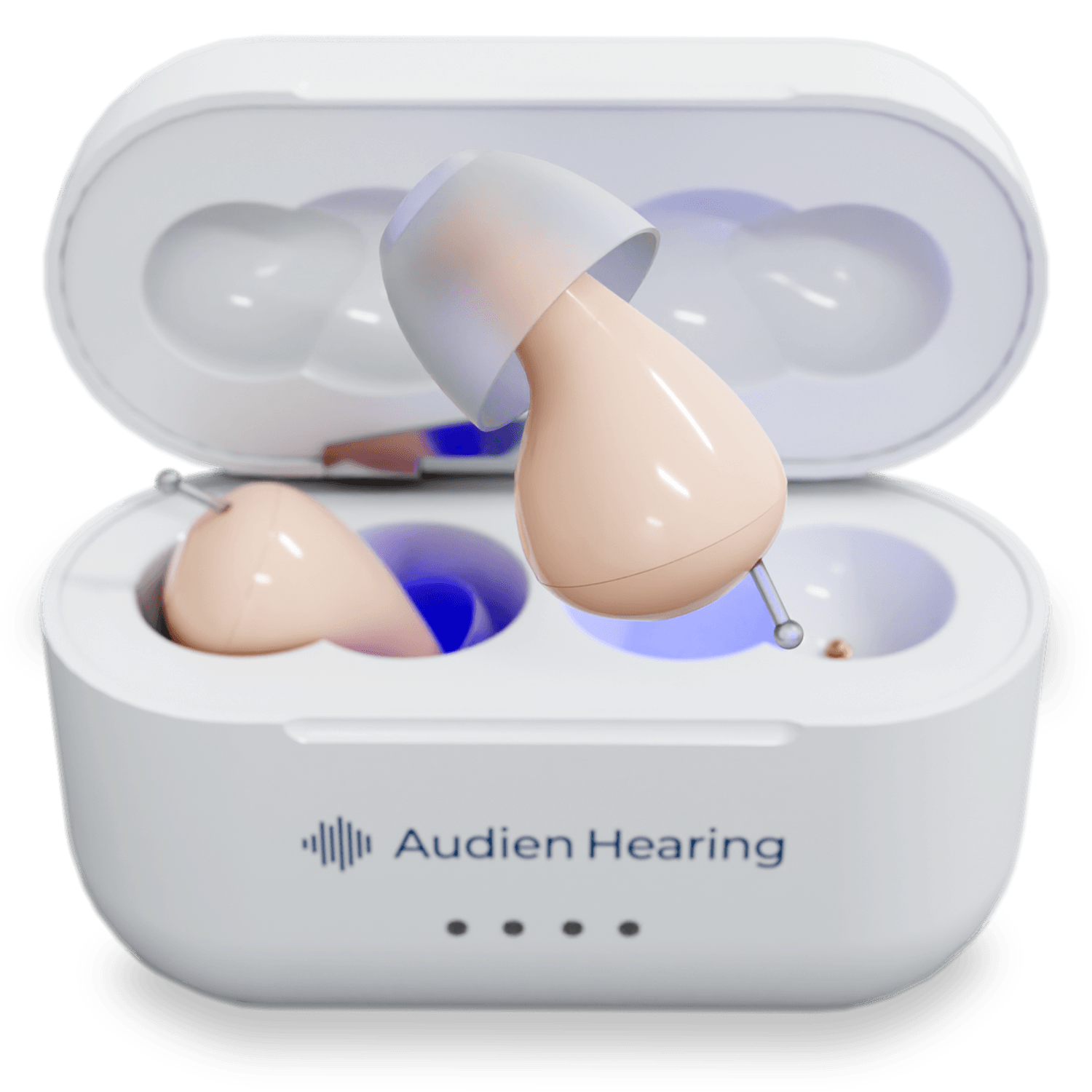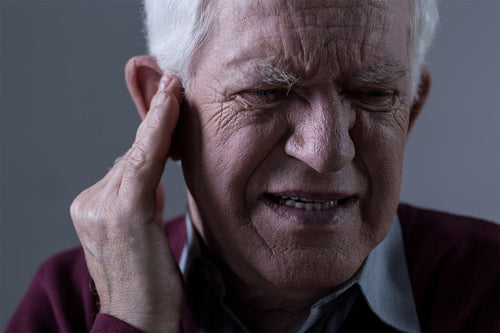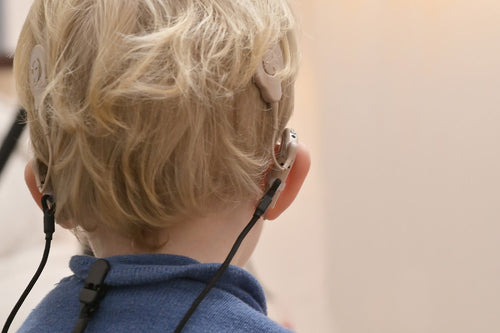Again, hearing is the reception and the perception of sounds. How we perceive the sounds is up to us. In some cases, perceiving that beautiful song that reminds of a wonderful experience in life can be overshadowed just as easily as an annoying song that engenders negative emotion.There are many techniques we can use to relearn or avoid these negative emotions when we hear sounds that we don’t like.
Hearing for a vast majority of people is a sense that adds more to life. Being able to hear the morning birds sing, listening to a baby’s first word, or even being able to talk with those you love are examples of just a few of the moments where the sense of sound is front and center.
While hearing is often something that adds to your life, there are instances where individuals perceive their hearing as annoying and infuriating.
Below is a closer look at what misophonia is, how it is treated, and how it can impact your daily life.
What Is Misophonia?

Misophonia is a condition that is characterized by a strong negative reaction to a particular sound. The strong reaction is typically anger or disgust, and typically the sound is not associated with a particularly adverse action.
An example of a common misophonia trigger is people chewing. While chewing loudly can certainly be unpleasant for anyone, those with misophonia are more likely to have exaggerated emotional responses to the sound than a typical person.
Below is a closer look at some specifics surrounding misophonia and everything you need to know about what it is and isn’t.
Psychological or Audiological Disorder?
One hot topic of debate is where misophonia should be categorized in the disciplines of health. Current trends seem to indicate that misophonia is mainly psychological and that psychology should take on the condition.
In fact, in 2013, a group of researchers from Amsterdam presented research that advocated for misophonia to be classified as a discrete psychological disorder to help more individuals get the help they need.
This classification is relatively consistent with the disorder since currently, the only treatments available are therapy-based and aimed to help better manage automatic responses to external stimuli while retraining the mind.
The reality is that many hearing issues have an overlap with psychology. Audiology-based conditions such as tinnitus can be effectively treated with psychotherapy known as cognitive-behavioral therapy. This interplay illustrates the multidisciplinary approach to medicine and that both people and conditions can benefit from multiple perspectives.
Misophonia vs. Hyperacusis
A condition that is frequently mixed up with misophonia is hyperacusis. Hyperacusis is characterized by an individual perceiving a normal sound as louder than usual, even to the point of being unbearable or painful.
Unlike misophonia, hyperacusis has nothing to do with an emotional response and is simply hypersensitive to auditory stimuli.
While hyperacusis is distinct from misophonia, both are classified as a form of hypersensitivity to sound. A key differentiator is that misophonia pertains to a specific sound that induces an emotional response. At the same time, hyperacusis is characterized as indiscriminate and largely a physiological response of discomfort and pain.
How Misophonia Can Impact Your Day-to-Day?

While misophonia seems like a generally specific disorder, it doesn’t mean that it can’t affect your everyday life. The reactions associated with misophonia can be drastically over the top and can cause distress to the individual and potentially those around them.
Below is a closer look at some of the ways that misophonia can impact your overall well-being.
Avoidance Tendencies
One of the most significant effects that conditions such as misophonia can bring up is avoidance tendencies. Avoidance tendencies consist of going out of your way to try and escape or avoid a situation where the possibility exists to feel or experience something negative.
Many people with misophonia will go out of their way to avoid situations where the sound that triggers them may be. One example would be avoiding dinner or meal plans with friends and family if chewing is a trigger.
The sad part about these avoidance tendencies is that individuals can miss out on time to socially interact, create memories, and bolster relationships.
Increased Levels of Anxiety
Another possible impact that misophonia can have is an increased anxiety. While the sound itself can elicit a negative emotion, the simple thought can induce anxiety and cause individuals to feel more anxious and unsettled.
From a well-being perspective, anxiety can drastically decrease your ability to enjoy life to its absolute fullest. When you are anxious, the body produces stress hormones that can cause your heart to race, breathing to increase, and other feelings that can exacerbate uneasy feelings.
Relationship Toll
Misophonia can undoubtedly impact your day-to-day life, but it also can affect the people around you. Imagine being at a restaurant and eating a meal with your family when your spouse begins to chew too loudly, and you inadvertently snap at them.
Misophonia triggers can differ from person to person, but they can have tolls on relationships no matter the particular trigger.
How Is Misophonia Diagnosed?
Many different health professionals can diagnose Misophonia, but typically, the specific way it is diagnosed depends on the particular healthcare professional you are dealing with.
From an audiologist’s perspective, misophonia is diagnosed through somewhat of a process of elimination. Typically a sound intolerance test can be conducted to determine if you have hyperacusis.
If the test comes back inconsistent with hyperacusis and your hearing test comes back normal, but you still react to a specific sound, misophonia may be the probable diagnosis.
For a psychologist, there is not really a formal means of diagnosing misophonia as of right now, but typically a psychologist may go through conditions such as OCD and generalized anxiety before concluding misophonia.
How Is Misophonia Treated?
Misophonia can look very different for many people. While one person may feel extreme disgust with chewing noises, another may get angry at the sound of slurping. Even though there is a broad scope of potential manifestations, the same underlying mechanism is still at work.
Misophonia is primarily caused by an automatic response of emotion to a specific trigger. Retraining your mind not to associate negative emotions with a particular sound can be difficult. Still, over time, it is possible to make progress and get closer to living a normal life free of avoidance and anxiety over potentially running into your trigger.
Below is a closer look at some of the ways that misophonia may be able to be treated. Depending on the individual and the exact case, you may find that one treatment works better than another.
Counseling and Group Therapy
One great way to get relief is by talking with others about their condition and even talking to people with similar problems. Having a space to discuss their problems and how it impacts the people around them can be incredibly helpful and therapeutic.
Group therapy and counseling can help individuals feel like what they are experiencing are real, and others understand what it’s like.
Group therapy is an effective means of treatment for several conditions, and it may be helpful for those with misophonia.
Cognitive Behavioral Therapy
Cognitive-behavioral Therapy (CBT) is largely considered the gold star treatment option for misophonia because it addresses the main problem with intrusive misophonia thoughts and works to help reduce them.
With CBT and misophonia, the goal is to recognize patterns you frequently fall into and try to disrupt them. An example could be having shuffling feet be a trigger for your misophonia. With CBT, you hear the shuffling of feet, but rather than jumping straight to feeling angry; you work to change your automatic behavior to one that is either neutral or positive.
CBT can take a long time, but often people can get relief and live their life normally.
Conclusion
In summary, misophonia is a condition marked by a heartily exaggerated reaction to a specific sound. These trigger sounds can invoke very real negative emotions and thoughts that can decrease your quality of life if not handled properly.
By understanding what misophonia is, how it is diagnosed, and the available treatment options, you can make better and more educated decisions about your care.
At Audien, we support bringing people up and ensuring that they are their own best advocates. By providing reasonably priced options for hearing aids, Audien puts the power back in the hands of the people and allows them to get the care they otherwise may be unable to afford.
Sources:
What is Cognitive Behavioral Therapy? | APA
Misophonia: Diagnostic Criteria for a New Psychiatric Disorder | PLOS
